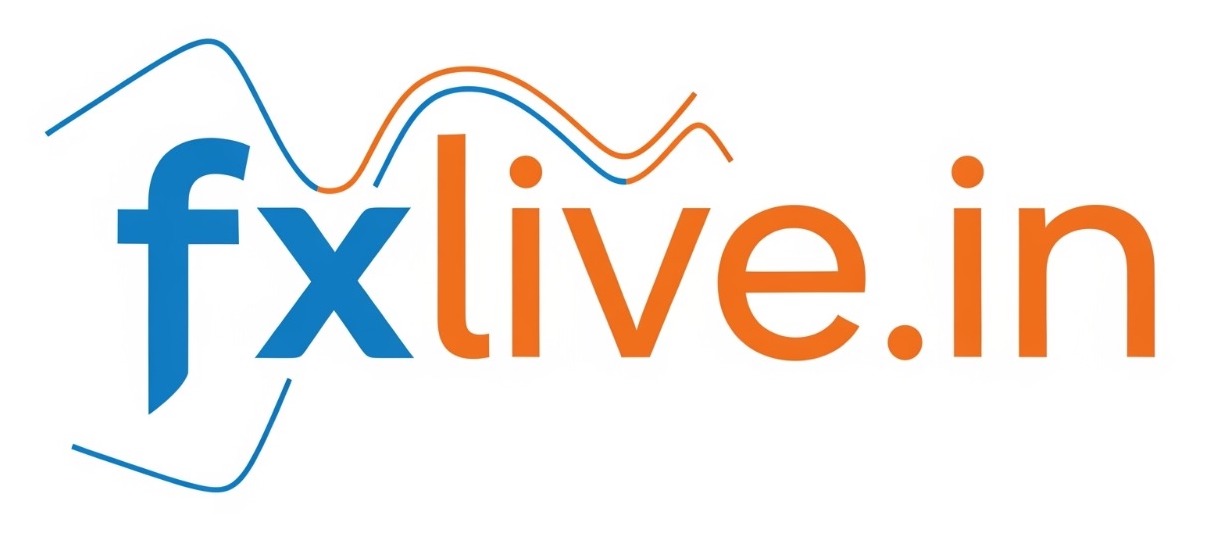Jai Siya Ram
The Prime Minister’s Office (PMO) has initiated a push for a major revamp and restructuring of Hindustan Aeronautics Limited (HAL) to significantly accelerate the delivery of fighter jets, particularly the Light Combat Aircraft (LCA) Tejas Mk1A.
The need for this overhaul is driven by HAL’s massive order backlog (reportedly exceeding ₹2.7 lakh crore) and persistent delays in aircraft delivery, which have caused concern in the Indian Air Force (IAF) over its dwindling combat squadron strength.
Key Details of the Revamp and Context
1. The Immediate Production Imperative (LCA Tejas)
The primary focus of the overhaul is to meet the massive orders for the indigenous Tejas fighter jet:
| Contract | Details | Delivery Timeline |
| New Contract (Sept 2025) | 97 LCA Tejas Mk1A (68 fighters, 29 trainers) worth ₹62,370 crore (excluding taxes). | Deliveries to commence in 2027-28 and be completed over six years. |
| Previous Contract (Feb 2021) | 83 LCA Tejas Mk1A jets (worth ₹46,898 crore). | Originally due to start in March 2024, but deliveries have been significantly delayed. |
The combined orders for 180 Tejas Mk1A jets necessitate a massive increase in HAL’s production rate.
2. Specific Restructuring/Capacity Expansion Measures
The restructuring aims to move HAL’s operational effectiveness beyond its historical bottlenecks:
- Production Capacity Target: HAL is ramping up production capacity from an earlier rate of about 8-16 aircraft per year to a target of 24 aircraft annually by the 2025-26 timeframe.
- New Production Facilities: The increased capacity is being achieved by utilising existing lines in Bengaluru and commissioning a new production facility in Nashik, Maharashtra.
- Outsourcing/Private Sector Collaboration (Modular Assembly): This is a core component of the revamp. HAL is increasing the outsourcing of complex work to private Indian firms like Larsen & Toubro (L&T) and Tata Aerospace.
- The strategy involves outsourcing the complete assembly of major aircraft modules (fuselage, wings, etc.) to private firms. These partners will now deliver large, pre-equipped modules ready for final integration, allowing HAL to focus solely on final assembly, testing, and flight trials. This modular approach is intended to significantly cut down the final assembly time at HAL.
- Organizational Overhaul (Under Consideration): Reports suggest the government is considering a full-scale restructuring of HAL’s organizational model for greater accountability and efficiency. A strategic plan is being developed, which could include the potential establishment of standalone, autonomous units specializing in:
- Fixed-Wing Aircraft Production
- Helicopter Manufacturing
- Maintenance and Repair Operations (MRO)
3. Key Bottlenecks Being Addressed
The delays that prompted the PMO intervention are largely due to:
- Engine Supply: Delays in the timely delivery of GE F404 turbofan engines from the U.S.
- Action: HAL is accelerating current F404 engine deliveries and is finalizing a new contract (reportedly for 113 more engines worth over $1 billion) to ensure a steady supply for the new 97-jet order.
- Integration and Trials: Initial challenges in integrating advanced systems like the indigenous UTTAM Active Electronically Scanned Array (AESA) Radar and new Indian weapons onto the Tejas Mk1A platform.
- Action: HAL reports that these issues are near resolution, with the first two Mk1A jets expected to be delivered soon, contingent on the final weapon firing trials.


